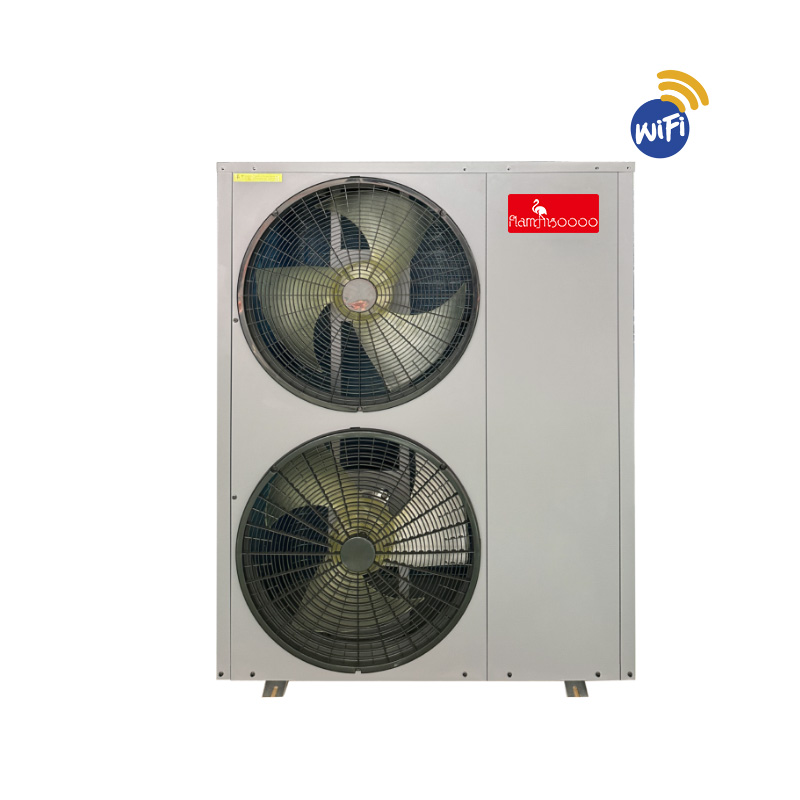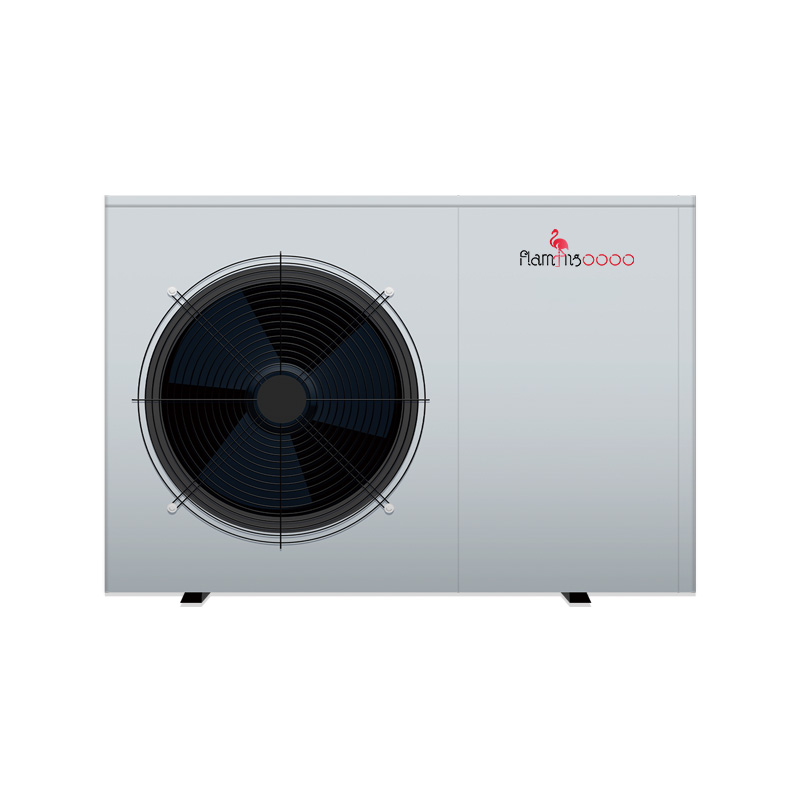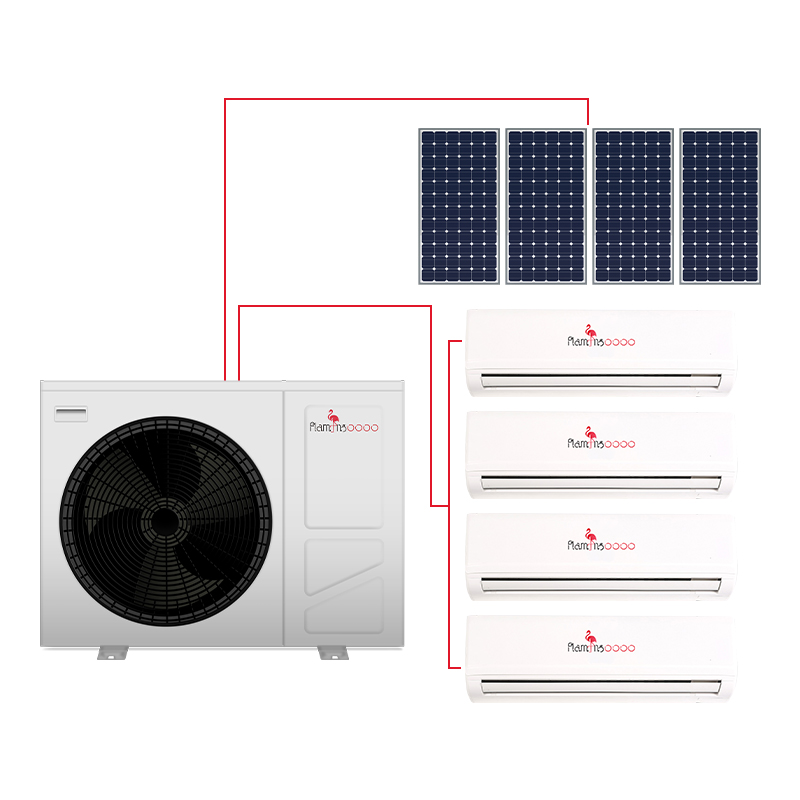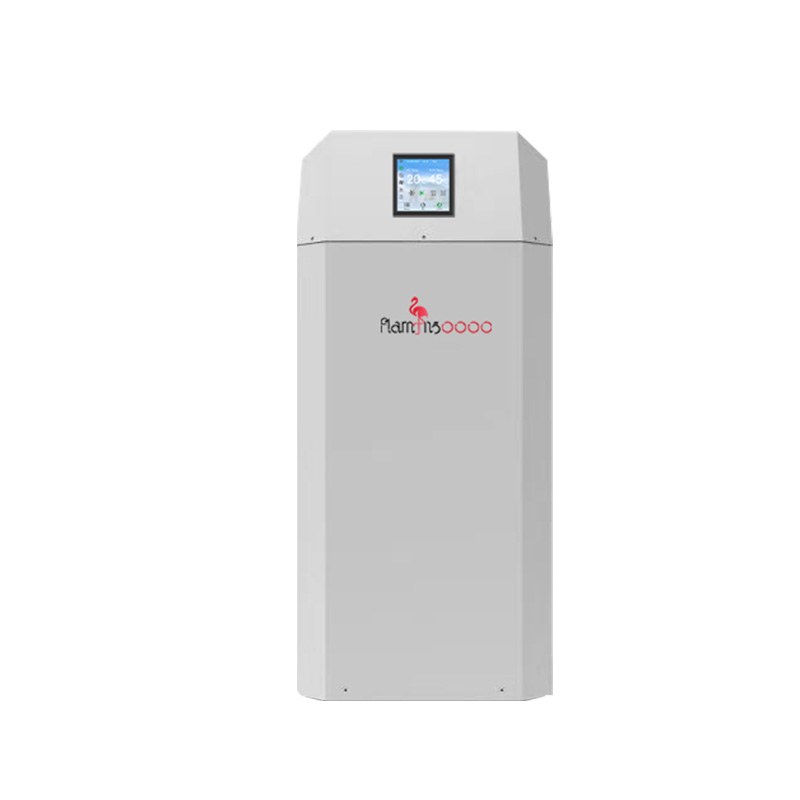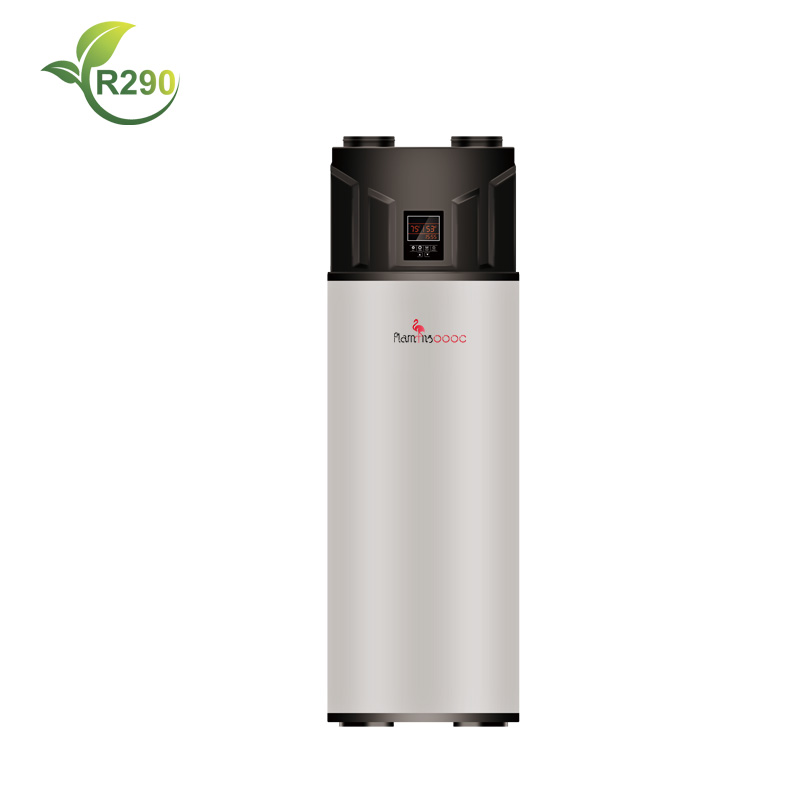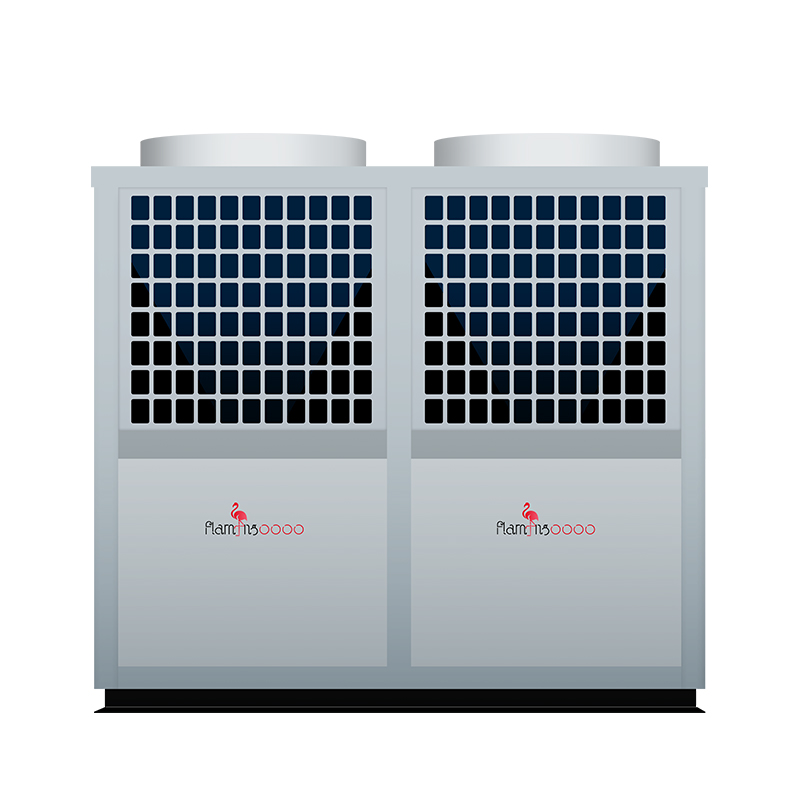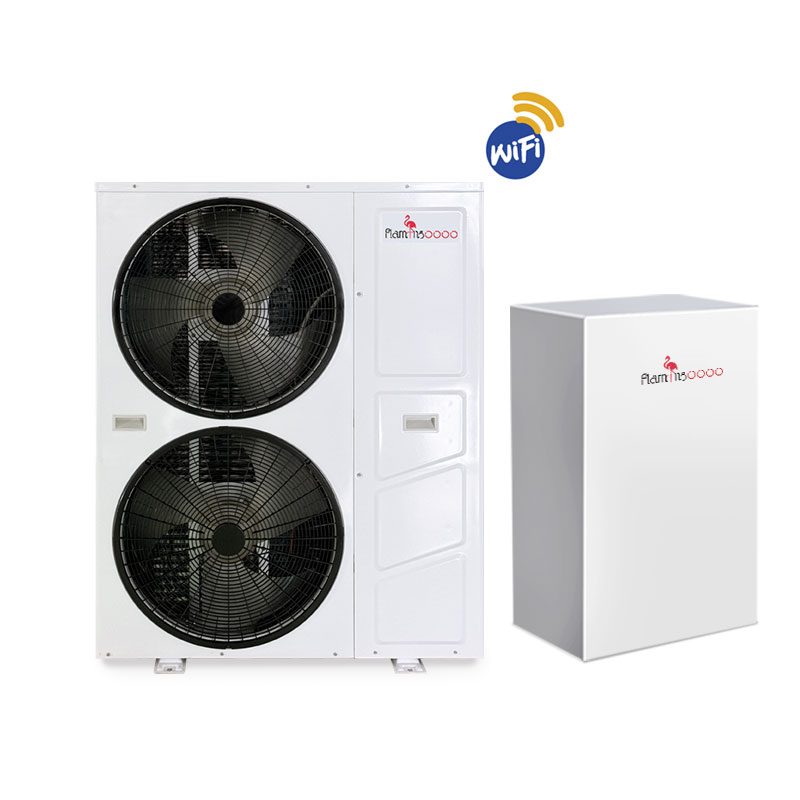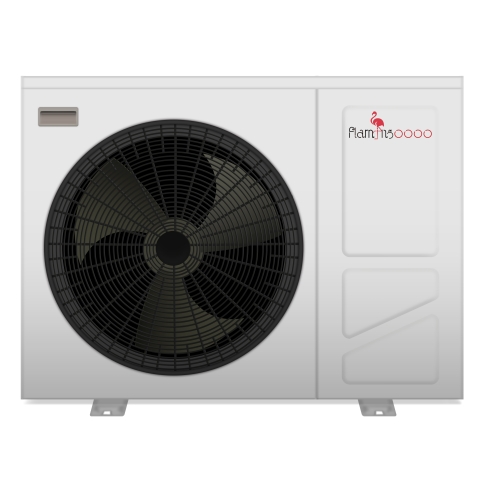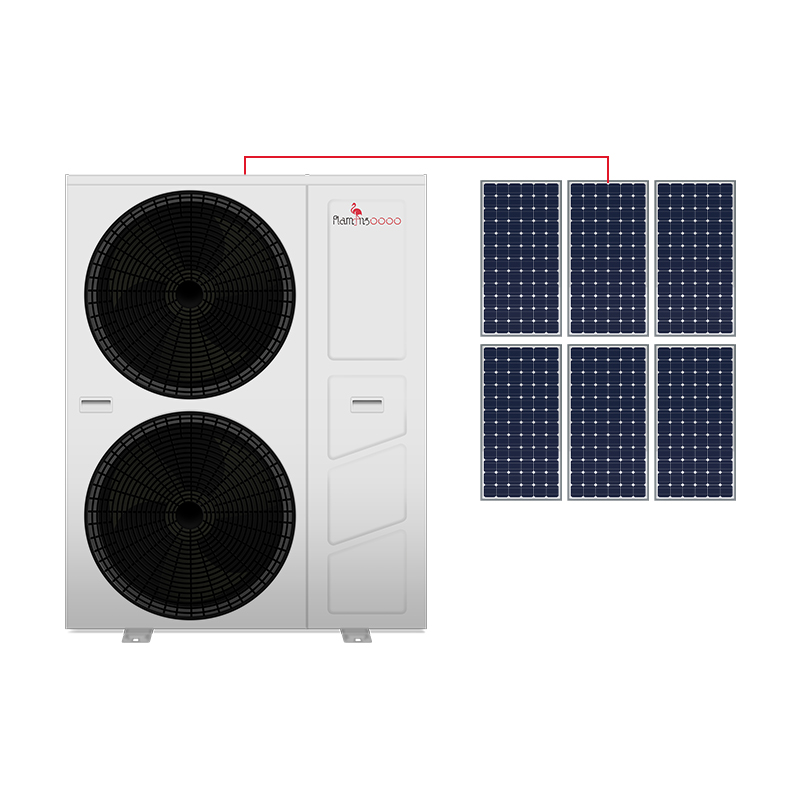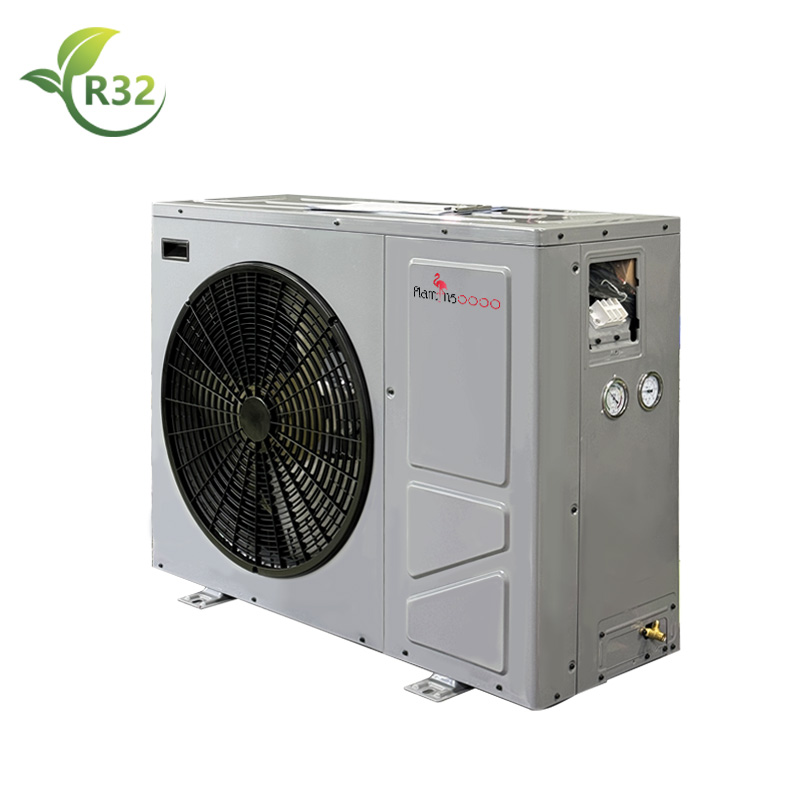What Is A DC Inverter Heat Pump
Introduction
In recent years, DC inverter heat pumps have gained prominence as energy-efficient solutions for heating and cooling homes. Understanding their operation and benefits is crucial for homeowners looking to upgrade their HVAC systems.
Understanding DC Inverter Heat Pumps
DC inverter heat pumps are advanced HVAC systems that use direct current (DC) to control the speed of the compressor motor. Unlike traditional systems that operate at fixed speeds, inverter heat pumps can vary the compressor speed, adjusting the heating or cooling output based on the desired temperature indoors.
How Do They Work?
Compressor Control: The key component of a DC inverter heat pump is its variable-speed compressor. This compressor adjusts its speed based on the heating or cooling requirements detected by sensors in the system.
Energy Efficiency: By operating at varying speeds rather than cycling on and off like traditional systems, inverter heat pumps can achieve higher energy efficiency. They consume less energy by avoiding the energy spikes caused by frequent starts and stops.
Quiet Operation: Compared to conventional systems, inverter heat pumps operate more quietly. The gradual speed adjustments of the compressor result in reduced noise levels, contributing to a quieter indoor environment.
Benefits of DC Inverter Heat Pumps
Energy Savings: One of the most significant advantages is energy efficiency, which can lead to lower utility bills over time. Inverter technology allows the heat pump to adjust its output precisely to meet the demand, minimizing energy wastage.
Comfort and Consistency: These heat pumps provide more consistent indoor temperatures by maintaining a stable heating or cooling output. This avoids the noticeable temperature fluctuations that can occur with traditional HVAC systems.
Longer Lifespan: The controlled startup and operation of inverter heat pumps can reduce wear and tear on components, potentially extending the lifespan of the system compared to non-inverter models.
Applications and Considerations
Suitability: DC inverter heat pumps are suitable for various climates and building types. They are particularly effective in moderate climates where they can efficiently heat and cool spaces year-round.
Installation and Maintenance: While initial installation costs may be higher than traditional systems, the long-term energy savings often justify the investment. Regular maintenance by qualified technicians is essential to ensure optimal performance.
Conclusion
As energy efficiency becomes increasingly important, DC inverter heat pumps offer a compelling solution for homeowners seeking sustainable and cost-effective HVAC options. Their ability to adjust operation based on real-time demand not only reduces energy consumption but also enhances comfort and reliability. Understanding these benefits can empower homeowners to make informed choices when considering HVAC upgrades.

